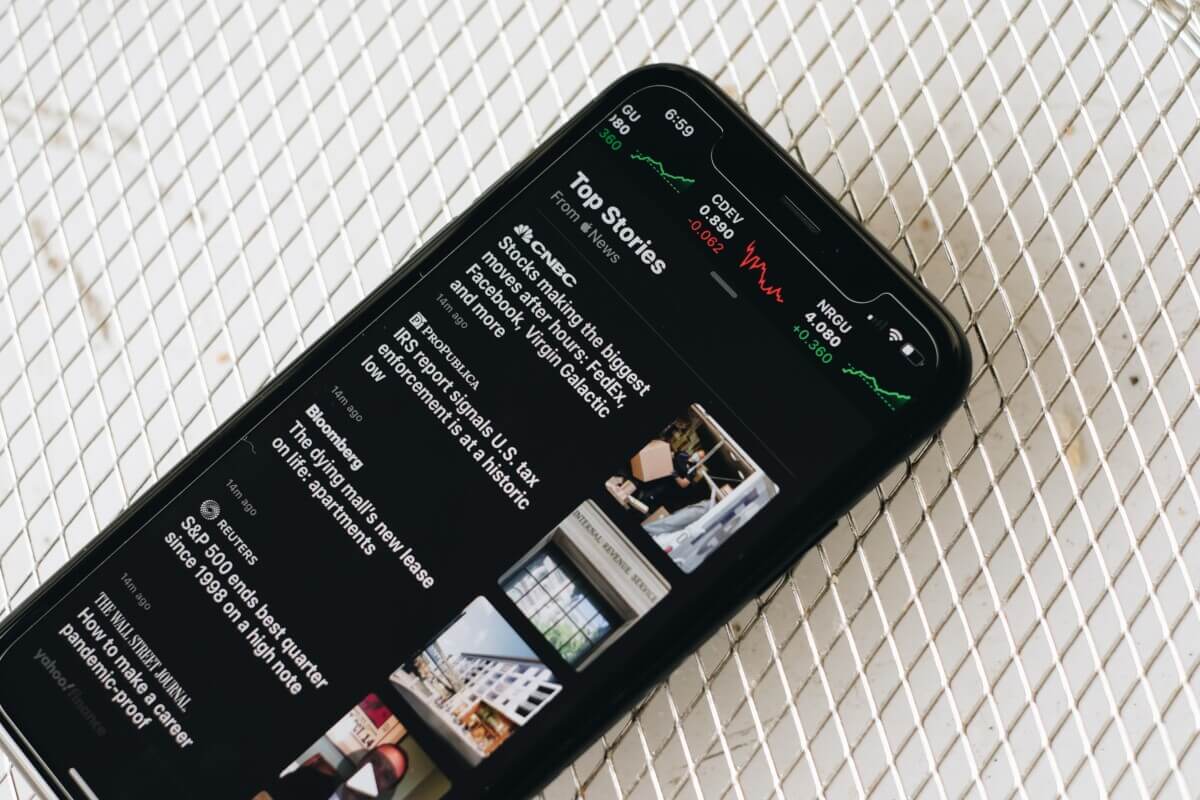
Photo by Zui Hoang on Unsplash
SANTA MONICA, Calif. — Many news organizations advertise themselves as trustworthy and or down-the-middle. According to a recent survey however, it seems many people are just fine listening to news they “kind of” trust. A third of Americans say they're getting their news from sources they admittedly know to be less reliable than others.
The RAND Corporation, a global policy think tank, says these sources include social media posts and their peers.
RAND's report draws data from a national survey of 2,543 Americans which looks at how demographics, reliability, and political partisanship affect our news choices. Researchers also look at whether individuals seek out different viewpoints in the news.
Too busy to check the source?
The think tank has been conducting a series of studies on what the group calls Truth Decay, a phenomenon of diminishing focus and reliance on data, analysis, and facts by the American public. The researchers suggest many people are just too busy to spend time seeking the best quality reporting.
“A lack of time and competing demands may explain why a third of Americans turn to news sources they deem less reliable, which suggests improving the quality of news content or teaching people how to ‘better consume' news isn't enough to address Truth Decay,” says study co-author and RAND senior political scientist Jennifer Kavanagh in a media release. “Media companies and other news providers may need to provide more easily accessible and digestible ways for individuals to consume high quality investigative journalism.”
Few think news is getting better at delivering facts
Nearly half of the poll, 44 percent, say that the news is generally as reliable now as it's always been. Forty-one percent believe the news has become less reliable overall, while 15 percent argue it's more dependable today. Of the few people who feel the news is more trustworthy, the majority are women, racial and ethnic minorities, and individuals with no college degree.
Survey respondents who primarily get their information from print and broadcast sources are more likely to see today's reporting as reliable. Those who get their news from social media and their friends are more likely to be suspicious of those sources.
When asked if they look for alternative news sources and viewpoints, over half the poll say they “sometimes” do. One in five say they “always or almost always” seek alternative sources. Only nine percent “never or almost never” look for opposing viewpoints.
Your relationship status play a big role
The national survey is part of RAND's American Life Panel. The team says age was an important predictive factor in how Americans consume their news online. Younger respondents are more likely to consume news over social media and from peer groups. Older Americans get their news from print publications and television.
College-educated individuals are less likely to get their news from peers and social media. Interestingly, however, they're also more likely to use the internet or radio for information.
Marriage also factors into the equation. Married couples are three times as likely than singles to find their peers as the most important and trustworthy news sources. Unmarried Americans are more apt to say they “always or almost always” look for sources with different views from their own.
The report appears in RAND's Profiles of News Consumption.
[fb_follow /]










